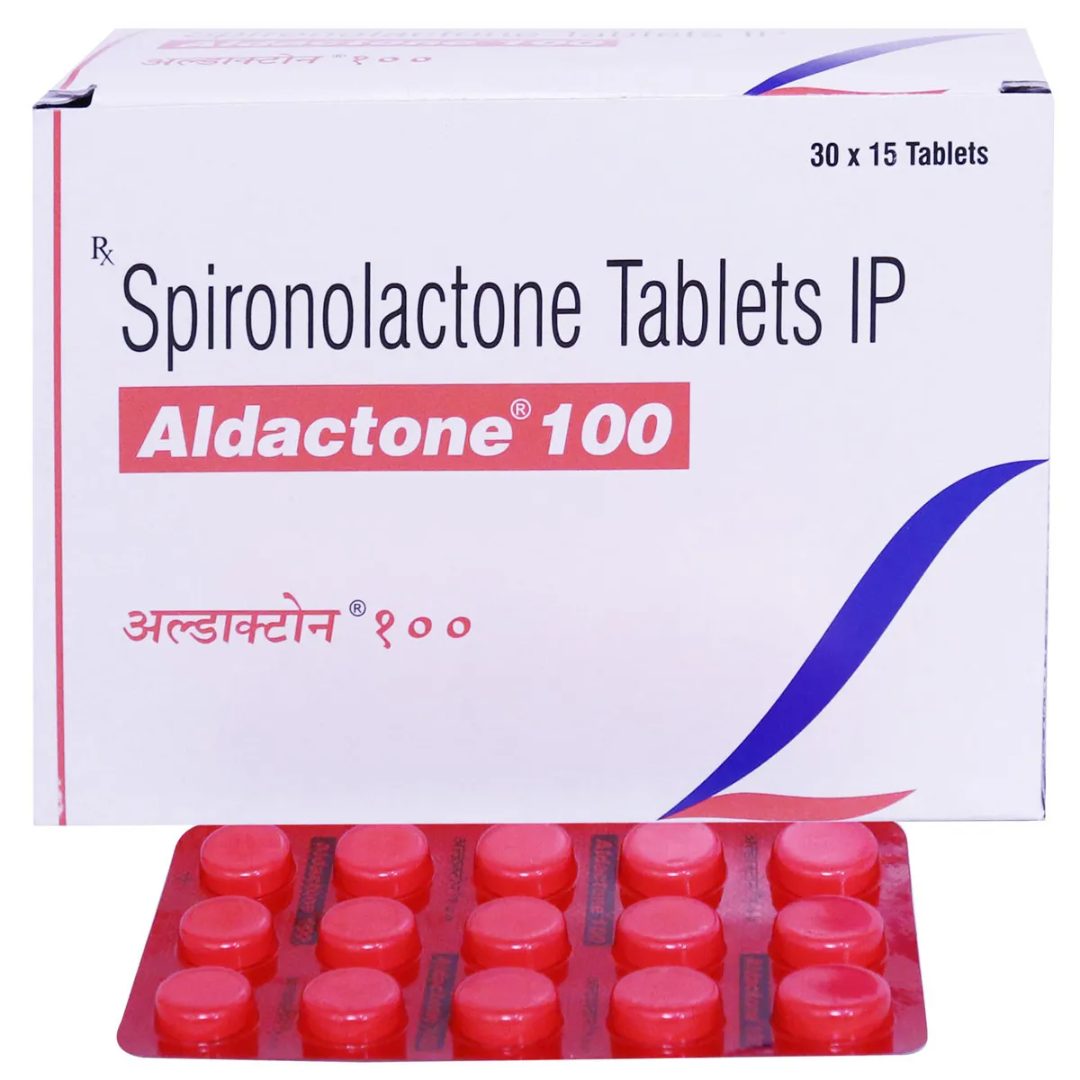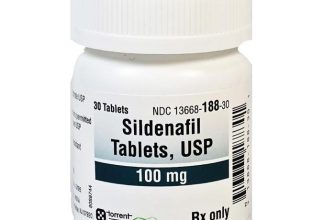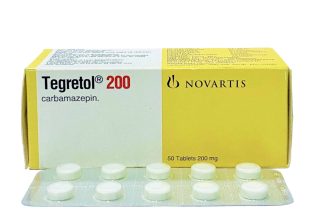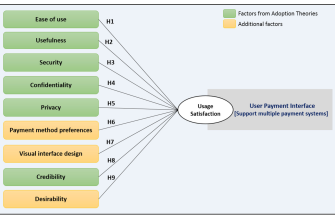Consult your doctor before starting Aldactone, especially if you have kidney problems, high potassium levels, or are pregnant.
Understanding Aldactone (Spironolactone)
Aldactone, containing spironolactone, acts as a potassium-sparing diuretic. It helps your body get rid of excess water and sodium while preserving potassium. This mechanism makes it useful in treating several conditions.
Common Uses:
- Heart failure: Aldactone can reduce fluid retention, easing symptoms and improving heart function. Dosage is carefully adjusted based on your condition.
- High blood pressure (hypertension): It complements other blood pressure medications, helping lower blood pressure effectively. Monitor your blood pressure regularly.
- Fluid retention (edema): Related to liver or kidney disease, Aldactone can reduce swelling caused by fluid buildup. Regular monitoring is vital for optimal results.
- Acne: In some cases, dermatologists prescribe Aldactone to manage severe acne, especially in women. It works by influencing hormone levels.
Potential Side Effects:
Like all medications, Aldactone may cause side effects. These can include breast tenderness, menstrual irregularities, nausea, and dizziness. Severe side effects are rare but require immediate medical attention. Inform your doctor about any concerning symptoms.
Important Considerations Before Taking Aldactone
Before Starting Treatment:
- Full medical history: Discuss your complete medical history, including existing conditions and medications, with your doctor.
- Potassium levels: Your doctor will likely monitor your potassium levels regularly, as Aldactone can elevate potassium levels, potentially causing dangerous complications.
- Drug interactions: Aldactone may interact with other medications. Provide your doctor with a complete list of all medications, supplements, and herbal remedies you are taking.
Always follow your doctor’s instructions regarding dosage and administration. Regular check-ups are essential for monitoring your progress and managing potential side effects. This information is not a replacement for professional medical advice. Always consult with your physician or pharmacist before starting or changing any medication regimen.
Interactions with Other Medications: Important Considerations
Always inform your doctor about all medications you’re taking, including over-the-counter drugs, supplements, and herbal remedies. This includes diuretics, potassium supplements, NSAIDs, and lithium.
Potassium-sparing diuretics: Combining Aldactone with these can lead to dangerously high potassium levels (hyperkalemia). Your doctor will monitor your potassium levels closely.
Nonsteroidal anti-inflammatory drugs (NSAIDs): Concurrent use may reduce Aldactone’s effectiveness in lowering blood pressure. Your doctor might adjust your dosage.
Lithium: Aldactone can increase lithium levels, potentially causing toxicity. Close monitoring of lithium levels is vital.
ACE inhibitors and ARBs: These medications, often used for high blood pressure, can increase your risk of hyperkalemia when combined with Aldactone. Regular blood tests are necessary.
Digoxin: Aldactone can increase digoxin levels, potentially leading to toxicity. Your doctor will likely monitor your digoxin levels.
Alcohol: Avoid excessive alcohol consumption as it can increase the risk of low blood pressure and electrolyte imbalances when taking Aldactone.
Remember: This information is not exhaustive. Always consult your healthcare provider for personalized advice regarding medication interactions and potential risks.









